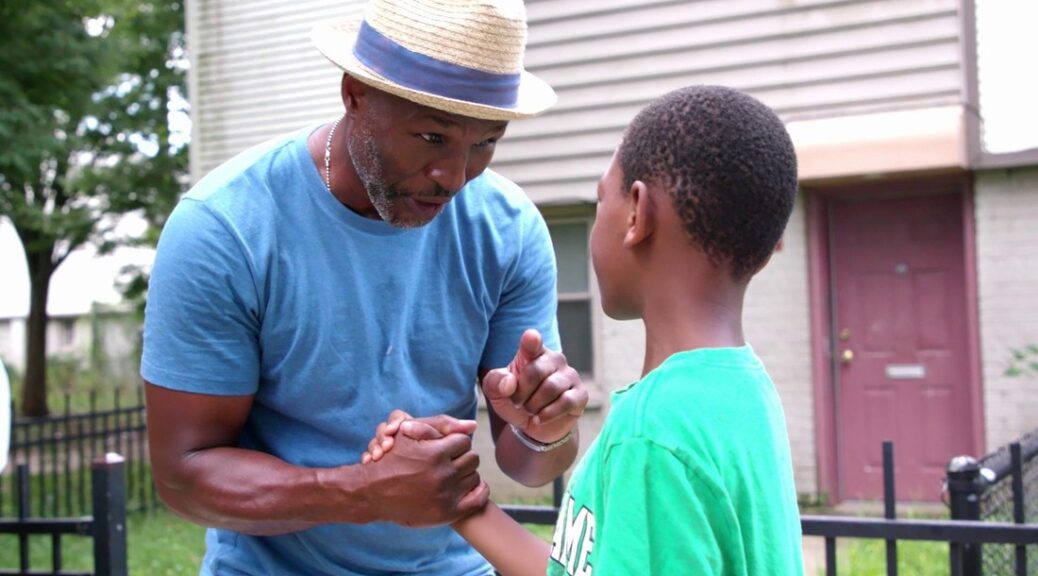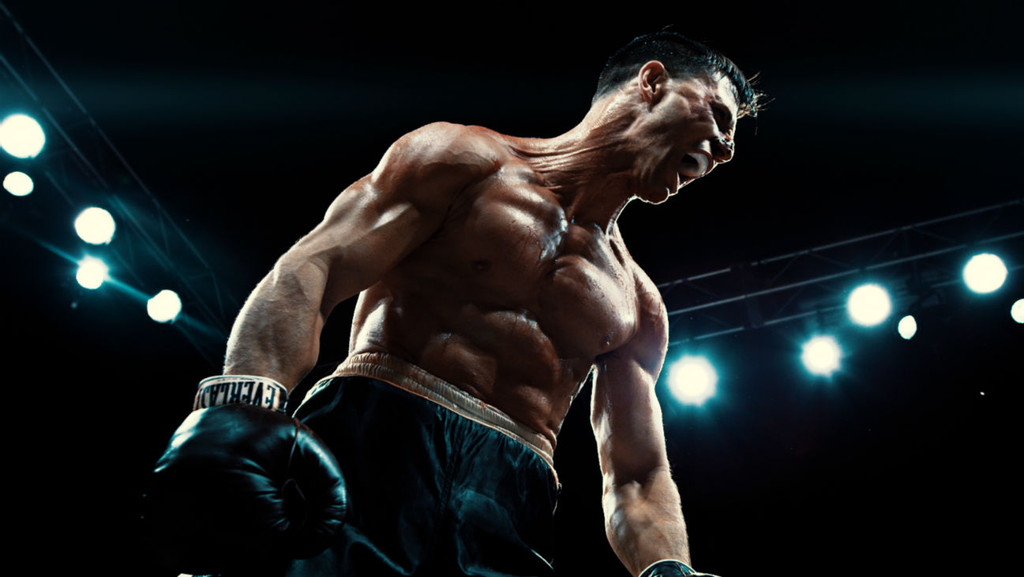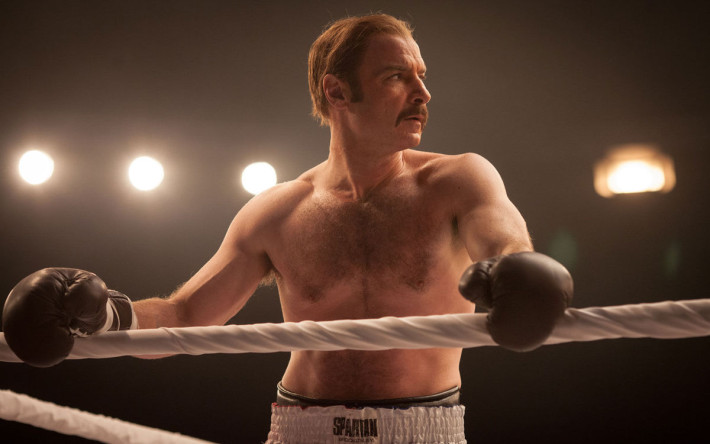In the Company of Kings
by George Wolf
Resting somewhere between personal memoir and an episode of ESPN’s 30 for 30, In the Company of Kings is buoyed by undeniable layers of passion and gratitude.
In a brisk 70 minutes, director Steve Read and producer/narrator Robert Douglas reveal the inspiration they have taken from legends of boxing, while putting the spotlight on 8 boxers with very personal stories of struggle, sacrifice and success.
Drawn by the lure of the fight game, Douglas tells of his move from Liverpool to a hardscrabble section of North Philadelphia. Feeling a kinship with those desperate to make it out, Douglas waxes poetic about his love for the men who found their ticket in the ring, with some impressively framed camerawork dotting the gritty landscape.
From legends such as Larry Holmes, Bernard Hopkins and Ernie Shavers to current prospect Tyhler Williams, the film delivers first person accounts of life in the fight game, sparked by intimate details of poverty, racism, hustle, crime and punishment.
Unsurprisingly, Muhammed Ali is the biggest obsession here. But though the filmmakers pay homage to the Greatest through time spent with promoters Don King and Bob Arum and manager Gene Kilroy, these segments only feed the scattershot nature of the film’s focus.
The passion of Read and Douglas is never in doubt, and while that passion sometimes threatens to run the film off the rails, it’s also provides the glue that keeps the film’s heart intact.
By that quick final bell, In the Company of Kings makes clear that it just wants to say ‘thank you’ for the fight, and the courage. More casual sports fans may not be moved, but those with a love of boxing—especially during the 70s and 80s—will take a few hits to the feels.






